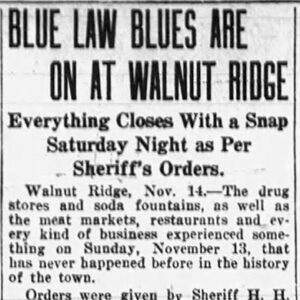 Blue Law Closings
Blue Law Closings
Entry Category: Law
 Blue Law Closings
Blue Law Closings
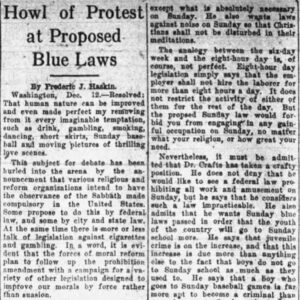 Blue Laws
Blue Laws
Blue Laws
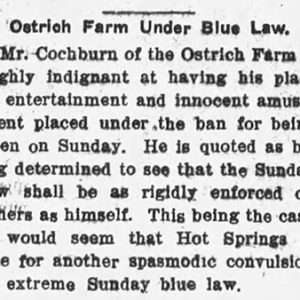 Blue Laws Article
Blue Laws Article
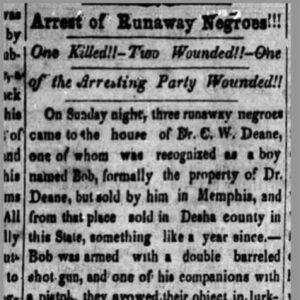 Bob Lynching Story
Bob Lynching Story
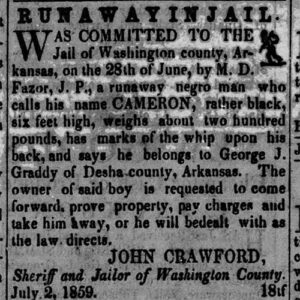 Bob Lynching Story
Bob Lynching Story
Bocage, Joseph William
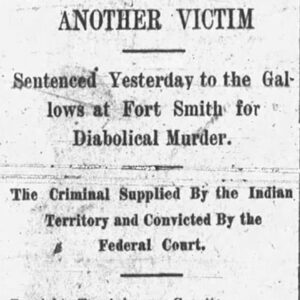 Bogle Execution Story
Bogle Execution Story
Bogle, Gus (Execution of)
Bohlinger, Neill
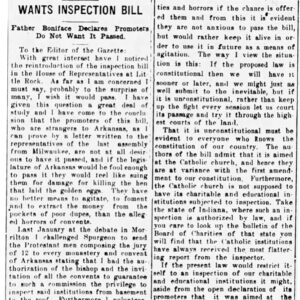 Boniface Letter
Boniface Letter
Bonnie and Clyde
aka: Barrow Brothers
aka: Barrow Gang
 Bonnie and Clyde Ambush Monument
Bonnie and Clyde Ambush Monument
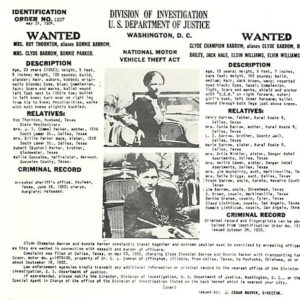 Bonnie and Clyde Wanted Poster
Bonnie and Clyde Wanted Poster
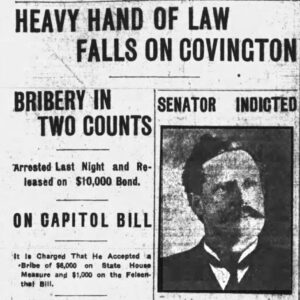 Boodle Indictment of Covington
Boodle Indictment of Covington
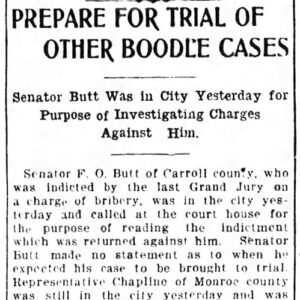 Boodle Indictment of Butt
Boodle Indictment of Butt
Boodle Prosecutions
aka: Boodle Scandal of 1905–1908
Booker, Joseph Robert
 Boone County Lynching
Boone County Lynching
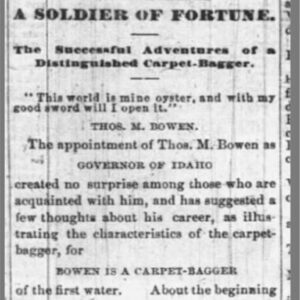 Thomas M. Bowen Story
Thomas M. Bowen Story
Bowen, Thomas Meade
 William H. Bowen
William H. Bowen
Bowen, William Harvey
Bowles (Lynching of)
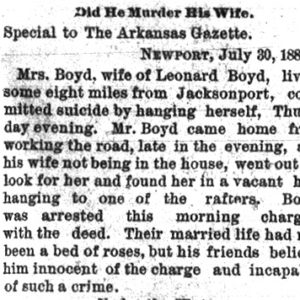 Boyd Arrest Story
Boyd Arrest Story
Boyd, Leonard (Lynching of)
 Bradley County Lynching
Bradley County Lynching
Brake, Bud (Reported Lynching of)
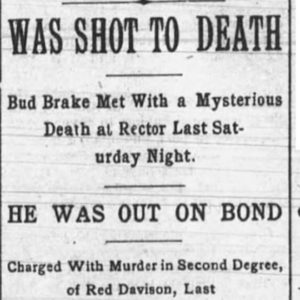 Bud Brake Lynching Article
Bud Brake Lynching Article
Branch, Charley (Lynching of)
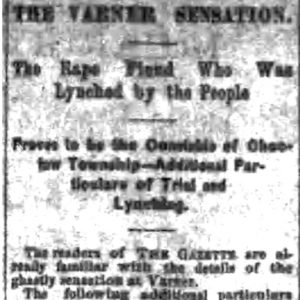 Branch Lynching Article
Branch Lynching Article
Branton v. State
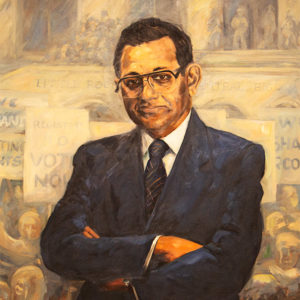 Wiley Branton
Wiley Branton
Branton, Wiley Austin, Sr.
Bratton, Ulysses Simpson
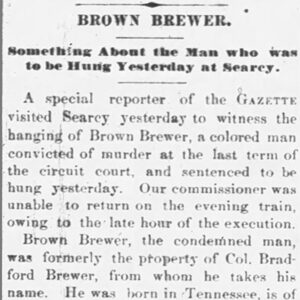 Brewer Execution Story
Brewer Execution Story
Brewer, Brown (Execution of)
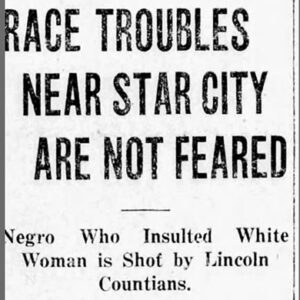 Briggs Lynching Article
Briggs Lynching Article
Briggs, Clinton (Lynching of)
 Howard W. Brill
Howard W. Brill
Brill, Howard Walter
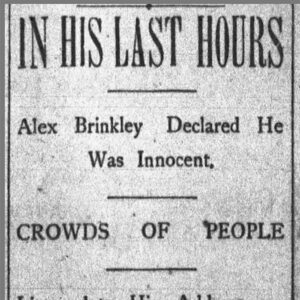 Alex Brinkley Execution Article
Alex Brinkley Execution Article
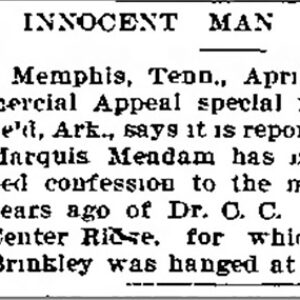 Alex Brinkley Execution Article
Alex Brinkley Execution Article
Brinkley, John Richard
Broadway, Joseph Eddy (Joe)
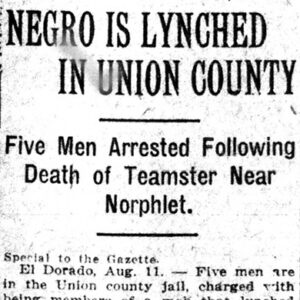 Ed Brock Lynching Article
Ed Brock Lynching Article
Brock, Ed (Lynching of)
Brodie (Lynching of)
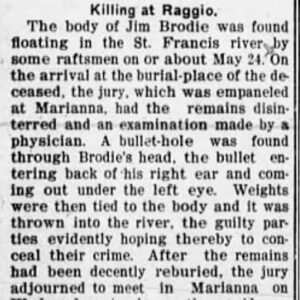 Brodie Lynching Article
Brodie Lynching Article




